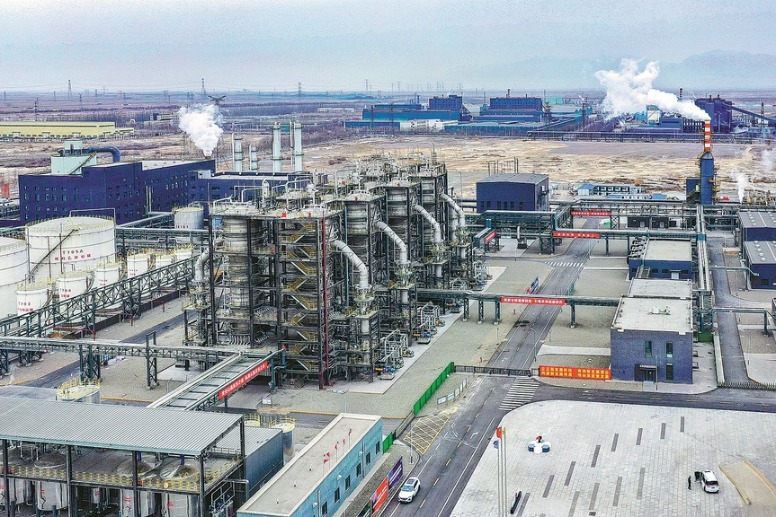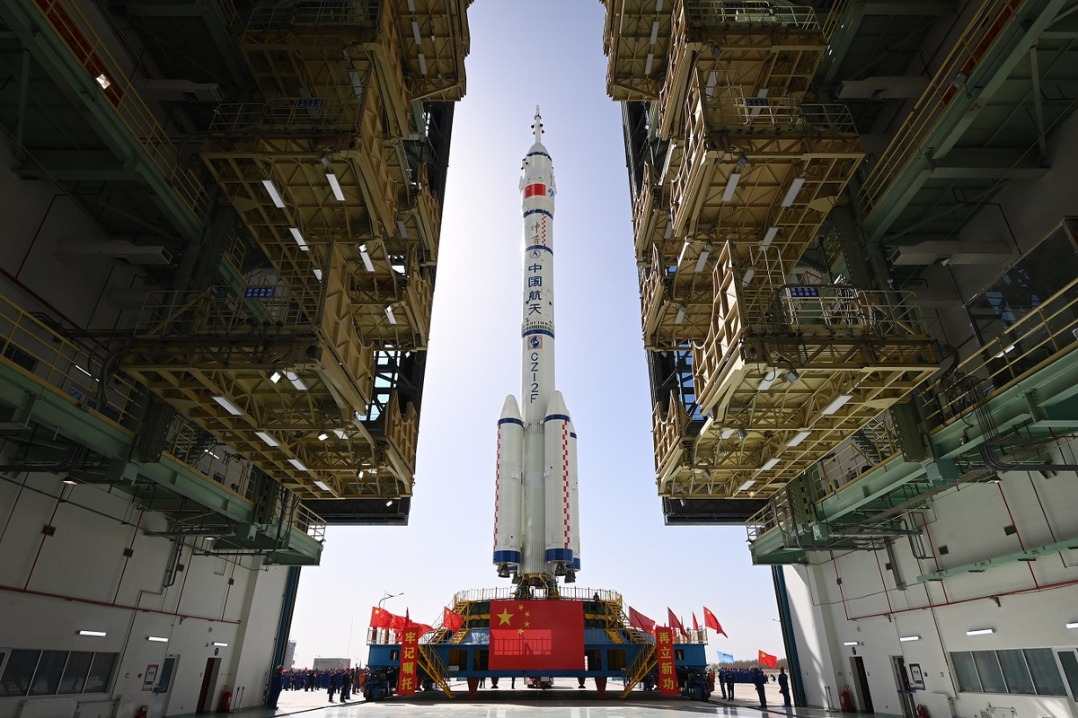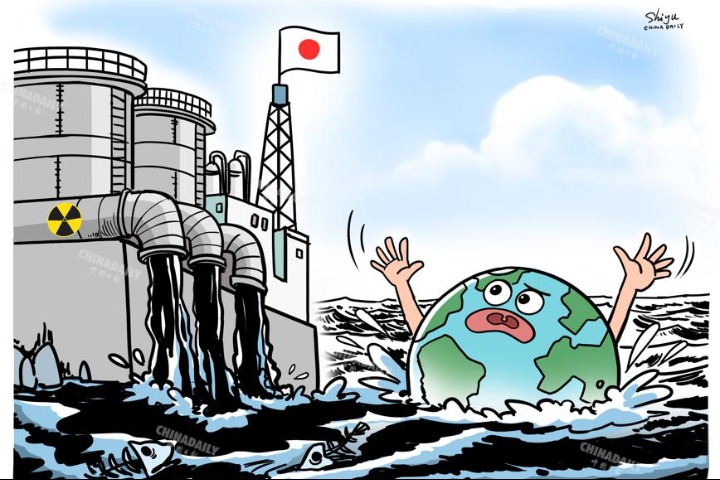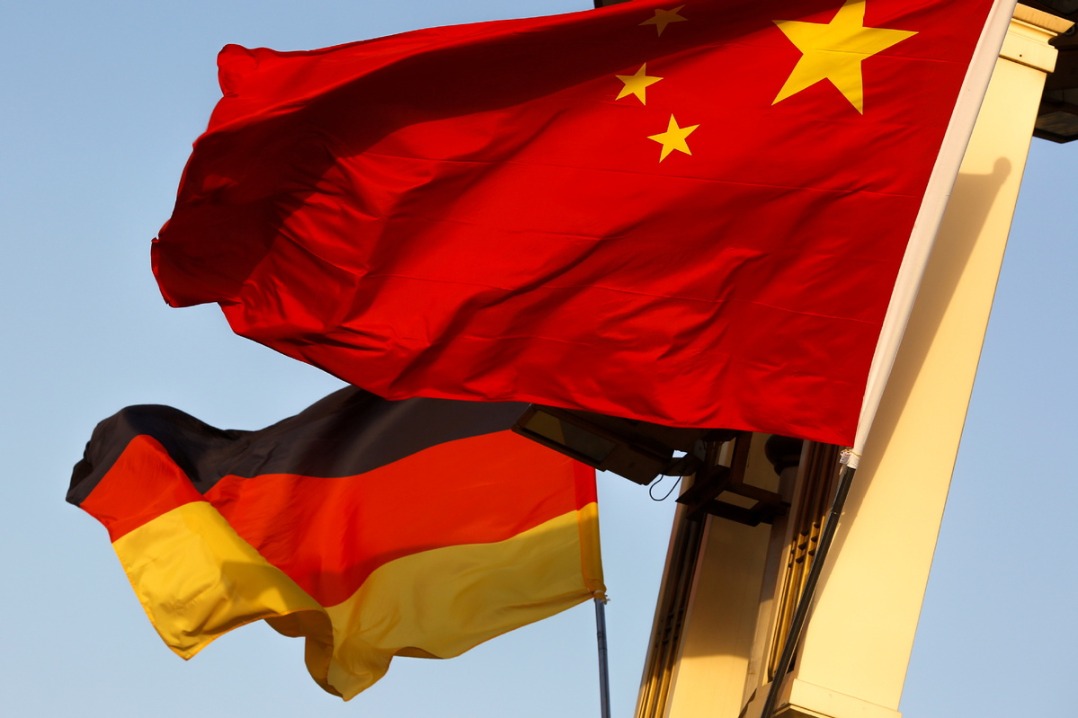Only cooperation can withstand the test of history

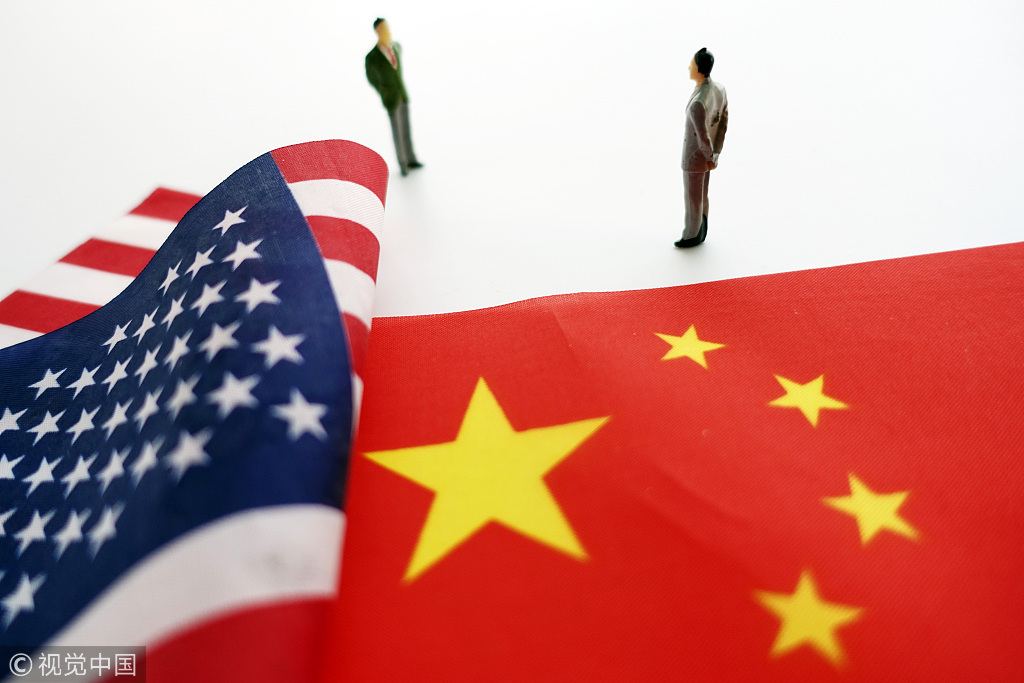
US President Donald Trump has announced additional tariffs on another $200 billion of Chinese products, initially set at a level of 10 percent starting September 24, 2018, which will then rise to 25 percent on January 1, 2019, and thus further escalate the US-China trade conflict. To date, the total amount of Chinese goods subject to additional tariffs has reached $250 billion—accounting for 49.4 percent of China's total exports to the United States in 2017. At this critical moment with intensifying trade tension between China and the United States, I, as chairman of the China General Chamber of Commerce – USA (“CGCC”), the largest non-profit organization representing over 1,500 Chinese enterprises with an established presence and investments in the United States, strongly urge the US government to be prudent and practical in its decisions on trade and cherish the hard-won gains made since the establishment of diplomatic relations between China and the United States. President Trump should look to the future and make responsible decisions that benefit the people of both countries and the stability of the world economy. CGCC strongly urges the Trump Administration to deescalate and return to a principled policy of cooperation and development.
Next year marks the 40th anniversary of the normalization of diplomatic relations between the United States and China. The past 40 years have been, on the whole, a period of constructive progress. Back in the 1970s, former US secretary of State Henry Kissinger, former president Richard Nixon, and former president Gerald Ford visited China on many occasions. Together with then-Chinese leaders Chairman Mao Zedong and premier Zhou Enlai, the leaders of the two countries laid a solid foundation for the normalization of China-US relations, which has yielded enormous benefits to the world. The "Ping Pong Diplomacy" became a headline news. In 1979, Deng Xiaoping, the chief architect of China's economic reform, visited the United States and met with former president Jimmy Carter, which helped further develop a blueprint for the bilateral relations of the two nations. Inspired by the advanced productivity of the United States, Deng was determined to push forward “economic reform and opening-up” in China. Large numbers of Chinese students were sent to the United States for higher education. This opening was the prelude to more intimate exchanges between the Chinese and American peoples. After China officially joined the WTO in 2001, both countries have made significant progress in exchanges and cooperation in trade and investment, science and technology, culture and education, and joint military exercises.
Today, the Sino-US relationship has become one of the most important bilateral relationships in the world. Peaceful cooperation between the two countries plays a vital role in the prosperity of the global economy. The combined GDP of China and the United States represents close to 40 percent of the world economy. Bilateral trade volume has grown from less than $100 million in 1972 to $674.5 billion in 2017, with each side being the largest trading partner to one another. However, President Trump has been dissatisfied with the US trade deficit with China since the beginning of his presidential campaign and has adopted various anti-free market policies and taken a more confrontational approach toward China after he took office. In fact, in terms of service trade with China, the United States has always maintained a trade surplus. In addition, most of China’s exports to the US are relatively low-end products, such as the assembly of parts procured in the global market. These cost-effective processes and products have benefited American businesses as well as consumers with substantial savings in cost expenditures.
If the United States wishes to narrow the trade gap, it should try to achieve this goal by taking advantage of China's reform to further expand US exports of goods and services to China, instead of imposing unnecessary and punitive tariffs, which most experts and business leaders agree only bring harm to the interests of American consumers and businesses. As a matter of fact, before the trade war began this year, the US-China Business Council had expected US exports of goods and services to China to double by 2026, reaching a total of $369 billion, and further expand to $520 billion by 2050. Conversely, after years of rapid growth, China is now more of a “consumption-driven” rather than an “investment-driven” economy as China has become one of the largest consumer markets in the world. On its current course, China is expected to catch up with or surpass the United States in terms of total retail sales and has already become the world’s largest consumer market this year. Chinese consumers have demonstrated strong purchasing power in both domestic and overseas markets as its consumer power upgrades and expands on the world stage, presenting unprecedented opportunities to companies in the United States and other countries around the world.
In addition, prior to the current year, bilateral direct investment between China and the United States has also been booming. In light of certain cost advantages and production factors in the United States, including land, electricity, raw materials, and transportation and logistics, an increasing number of Chinese manufacturers have been attracted to invest in Greenfield projects in the United States, bringing considerable employment opportunities to the US market. As of the end of 2017, China’s direct investment in the United States totaled $140 billion, creating over 200,000 direct employment opportunities and indirectly supporting over one million jobs for Americans. China's largest meat processor, Shuanghui Group, acquired Smithfield Foods, the largest US pork producer. With significant investments in Smithfield Foods to boost production and meat product exports to China, satisfying the needs of Chinese consumers, this investment has contributed to US economic growth and job creation. Other Chinese manufacturers, including Chinese conglomerates like Shandong Yuhuang Chemical, Wanxiang Group, Zhejiang, Keer Group, Jushi Group, BYD, Tianjin Pipe, and Fuyao Glass, have successively expanded their businesses to the United States, building factories and hiring local workers to better serve local markets. Such initiatives by Chinese companies have been warmly welcomed and embraced by local governments, communities, employees and their families, creating a win-win situation for all stakeholders, which is in stark contrast to President Trump’s strident rhetoric on China.
Chinese President Xi Jinping proposed at the Boao Forum in April this year that China would further open up its economy to foreign companies. In terms of the service industry, especially with respect to the finance industry, China pledged to ease foreign investment curbs on sectors such as the banking, securities, and insurance sectors. More specifically, China will accelerate the opening of its insurance industry, as well as ease requirements for foreign financial institutions to set up operations and expand their business scope in China, encouraging greater cooperation between Chinese and foreign financial markets. China’s opening of its financial markets certainly provides excellent opportunities for US financial companies to further participate in the Chinese market, particularly as the US enjoys many competitive advantages in the area of financial services.
It is my belief and that of many others, that the decision by the US government to impose tariffs on another $200 billion of Chinese goods will no doubt seriously damage the Sino-US economic and trade relationship, quite possibly irreparably harming the close and complementary trade partnership between the US and China that was formed and has been maintained by generations of leaders of both countries with great care, profound vision, and mutual trust. A more likely outcome is not what minor or even temporary benefits the trade war initiated and escalated by the US will bring, but at what cost and what major losses to the overall economic development of both China and the United States, as well as the world at large.
Throughout history, economic and social crises caused by bias and impulsiveness of key policymakers are not a rare occurrence. China has traditionally been an advocate of the golden mean and a believer in harmony in diversity. The United States has advocated free trade and a market-driven economy rather than trade protectionism for so many years. Practice over the past 40 years has proved that Chinese and American cultures can coexist, and economic and trade cooperation between China and the United States is not only a natural outgrowth of the comparative advantages of the two countries, but also the optimal choice of international industrial specialization and global resource allocation. While maintaining healthy levels of competition is necessary, cooperation and trust should be the main theme between China and the United States. History has long proven that only a healthy and stable Sino-US economic and trade relationship can benefit both countries and the rest of the world.
The author is the Chairman of China General Chamber of Commerce – USA, President and CEO of Bank of China USA.
















